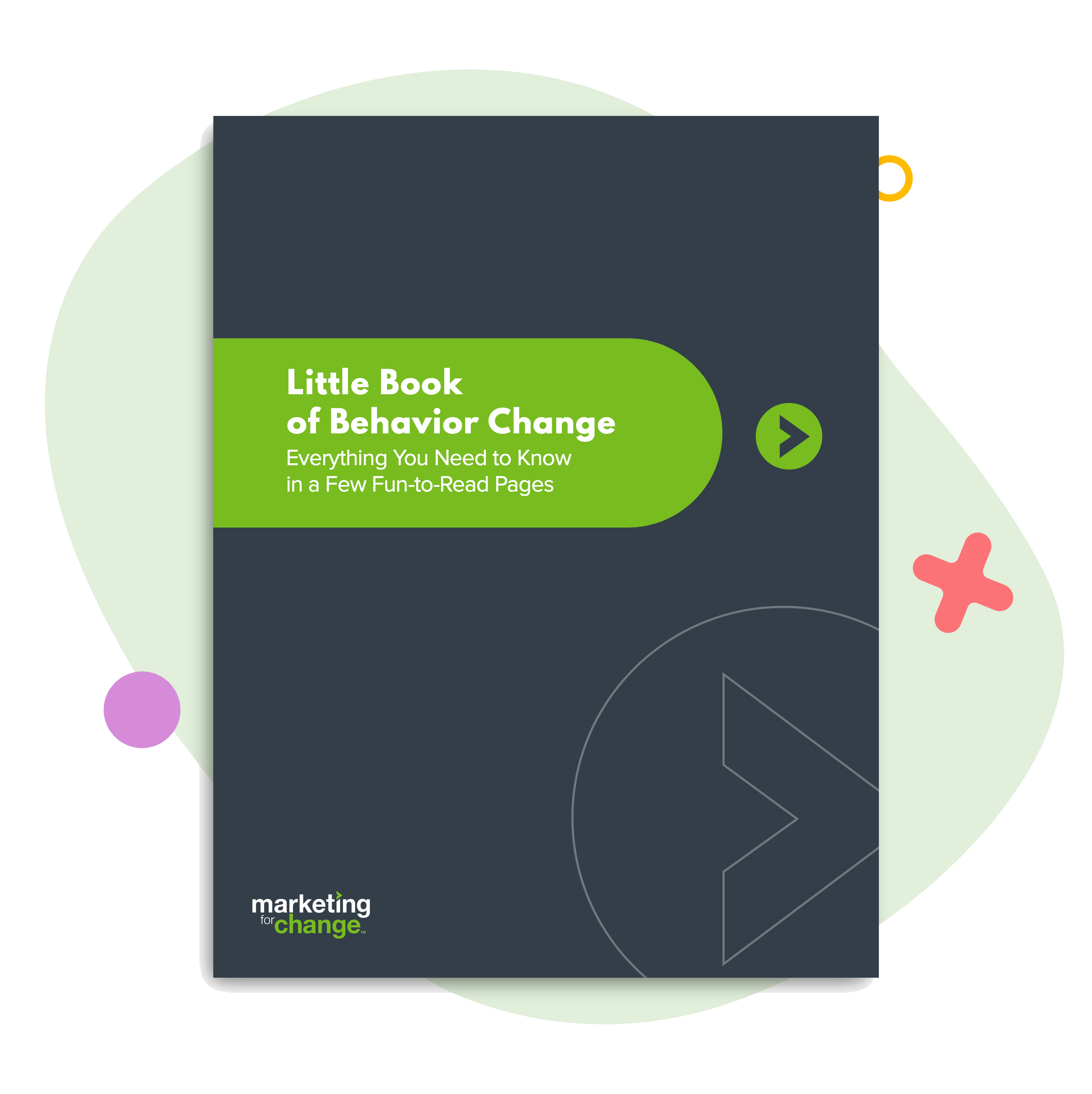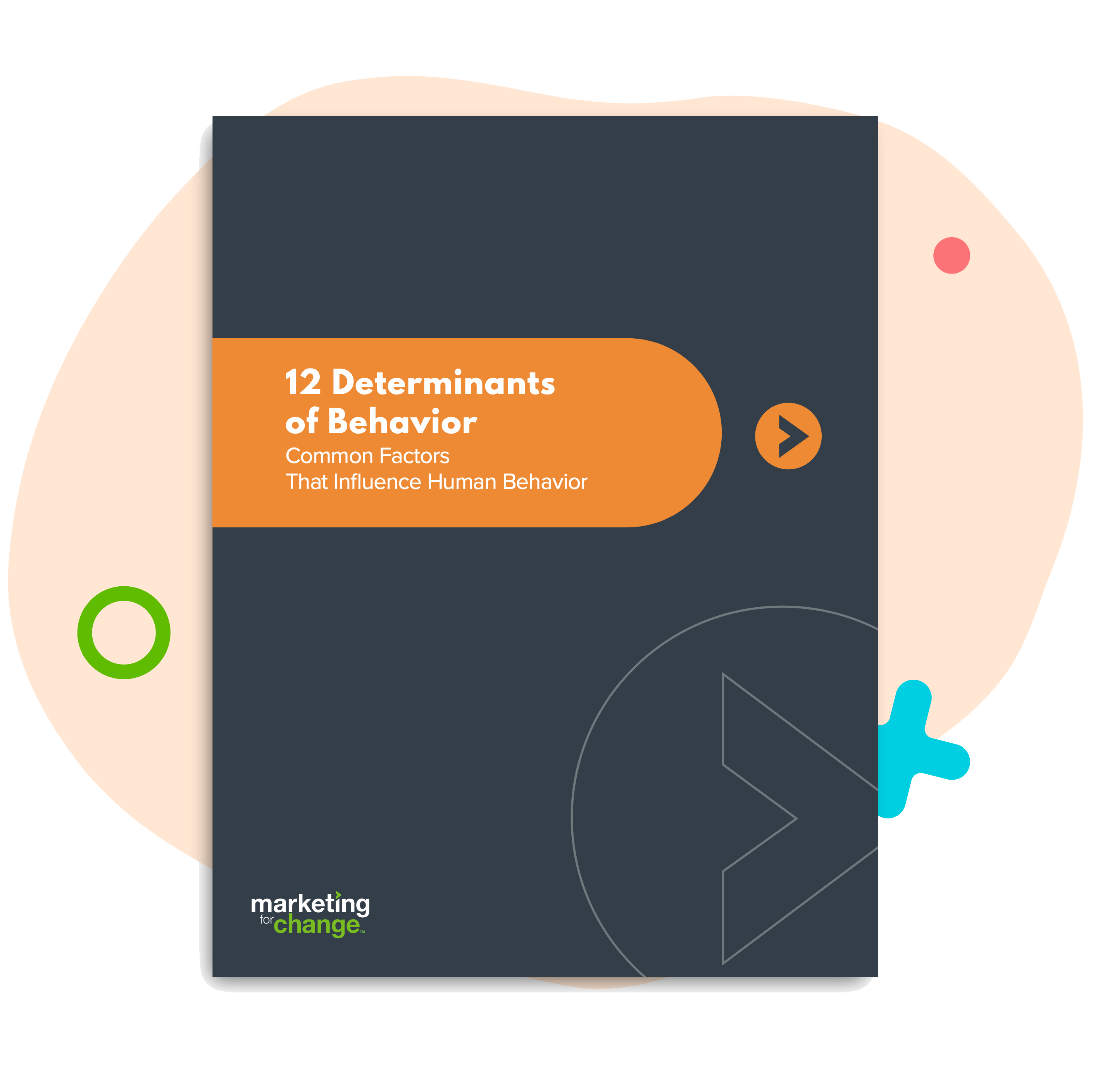
Why Plant-Based Food Sells Better When It’s Not ‘Vegetarian’
Let’s begin with a disclaimer: Many people think I’m a complete weirdo. And technically, they are right.
I haven’t eaten meat in 16 years, and more recently, I ditched dairy as well.
The “how could you live like that?” camp comes in various forms. The waiter at the pizza place who can’t fathom why any decent person would deny themselves cheese. Workout buddies who lose sleep wondering how on earth I’m getting adequate protein. My Midwestern family who can’t understand how life without ribs is worth living.
To be fair, I get it. We’re raised to equate a diet of bacon and burgers with the American way — it’s the norm, a part of that aspirational American identity, and there’s an $864-billion-a year industry working to keeping it that way.
Food means a lot to us, especially the act of sharing a meal. It’s not just about eating, it’s about the experience. We want foods that we know make us feel good and help us have a good time with folks we care about. Especially when we eat out, we want to “treat” ourselves and get the most for our money. We want whatever will reliably provide that experience to us and, spoiler alert, for many folks that’s not the tofu teriyaki.
Why? Because we’ve “othered” it. Only 3% of the country classifies itself as vegan or vegetarian, so for that other 97%, plant-based food may not feel like it’s “for them.” That means two things: (1) they probably have not tried it, and because they haven’t (2) they’re forced to rely on preconceived notions, assumptions, and attitudes that will only grow more firm the longer they continue to avoid it.
So it should be no surprise that the 97% of “normal” Americans don’t reach for the vegan or vegetarian menu when they go out to eat — the unknowns and “otherness” don’t mesh with the pleasurable experience they’re looking to have.
Now, there’s data to prove this.
An experiment for the Better Buying Lab conducted by Linda Bacon, a behavioral science researcher and former Global Strategy Director at Mars, Inc. tested whether placing plant-based meals in a separate section of the menu would influence ordering. It did.
Bacon tested two versions of a restaurant’s menu with 750 adult participants. The “control” version mixed plant-based and non-plant-based items in a single list. The other version listed plant-based items in a separate section, labeled “Vegetarian Dishes.” Those who received the plant-based items in a separate section were 56% less likely to order from that section. Only 5.9% of folks who received this special menu ordered a vegetarian dish, compared to 13.4% who received the “control” menu.
This is only one study, but the results speak to the unintentional consequences of marketing to a niche group, especially when your broader business does not otherwise cater to that group. If a restaurant is known for having many veggie-friendly options and can expect a good portion of its business to come from patrons seeking such options, a “vegetarian” section of the menu might make sense. But if the restaurant relies on a broader, more general patron-base, marketing to this niche group just because may do more harm than good. I’d argue that’s due to several behavioral factors:
- Risk: Going out to dinner is a treat — a shared experience we look forward to. We’re not willing to risk our satisfaction with that experience for the sake of trying a new dish that we may or may not like.
- Norms: Sure, we might order individual plates, but it can feel socially awkward to be the odd person out. It’s hard to be the only person at the table trying something others deem as “different.”
- Knowledge: Maybe we don’t know what pan-seared seitan is and don’t want to be embarrassed by asking.
- Self-standards: For some folks, a “vegetarian” section triggers the thought that the entire section is not for “somebody like me.” If you associate vegetarianism with Prius-driving Hillary voters and you see yourself as a “red-blooded” American, you’ll be quick to tune that section out.
- Investment: We work hard for our discretionary funds, and we want to make sure we use them in a way that will offer a reliable return. By calling out the absence of meat, labeling dishes “vegetarian” may make us feel we’re getting less value for the money spent.
As 55% of U.S. residents report that they look to eat more plant-based foods, it’s the perfect time for restaurants to determine where they fall on this niche marketing spectrum, and before they make any moves, to think about the behavioral forces at play that can impact their bottom line.

Meisha Thigpen is Creative Director at Marketing for Change.






